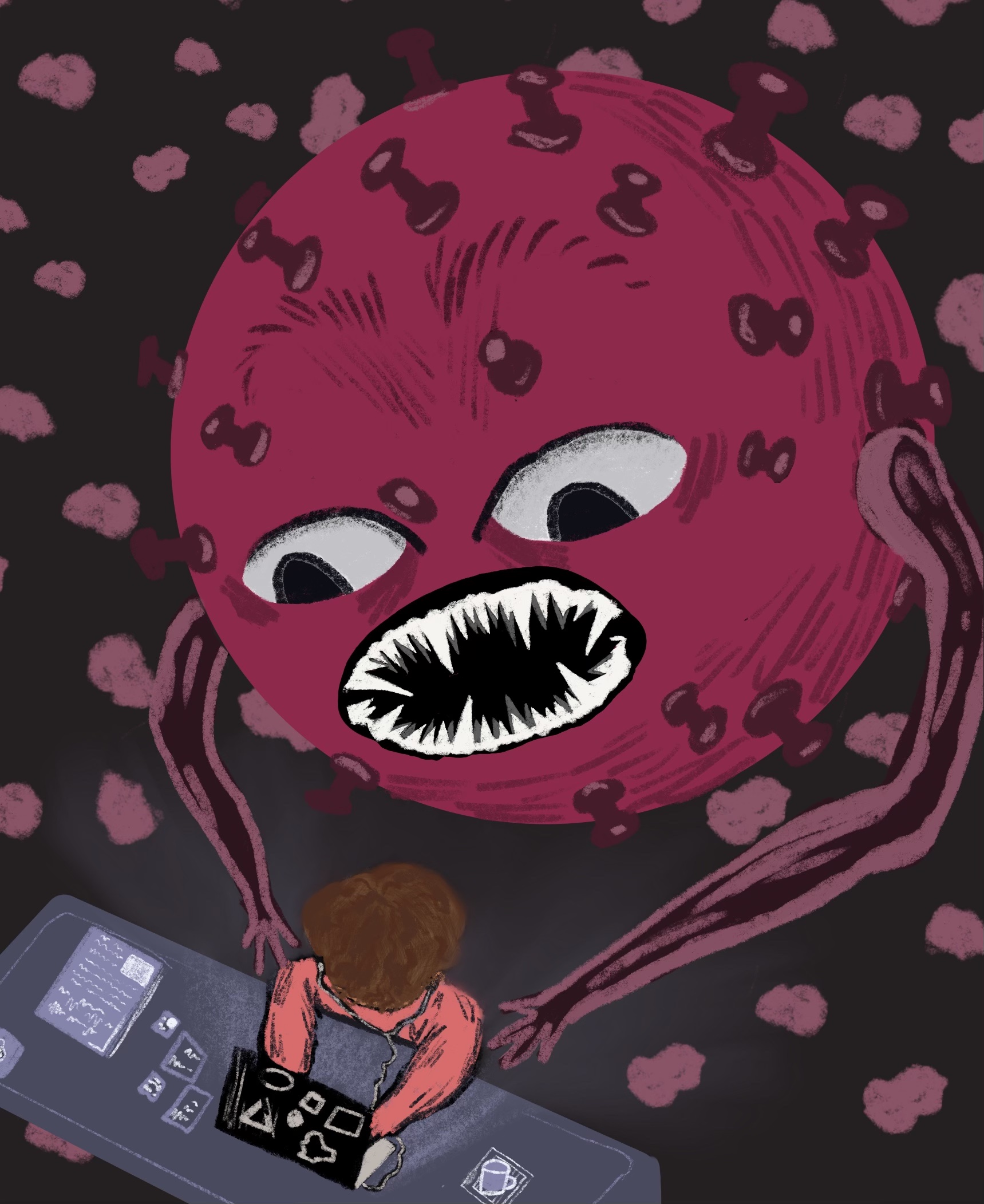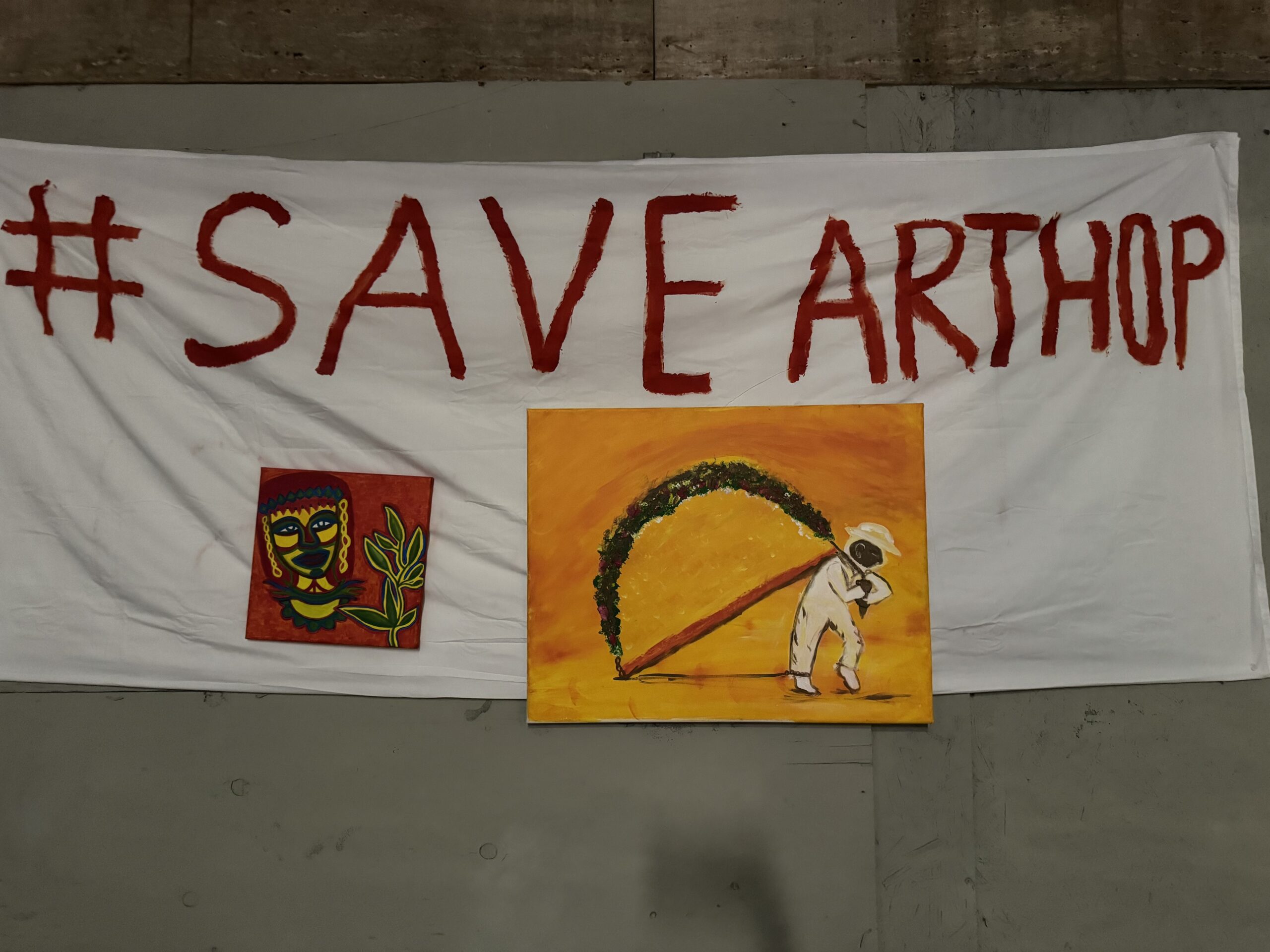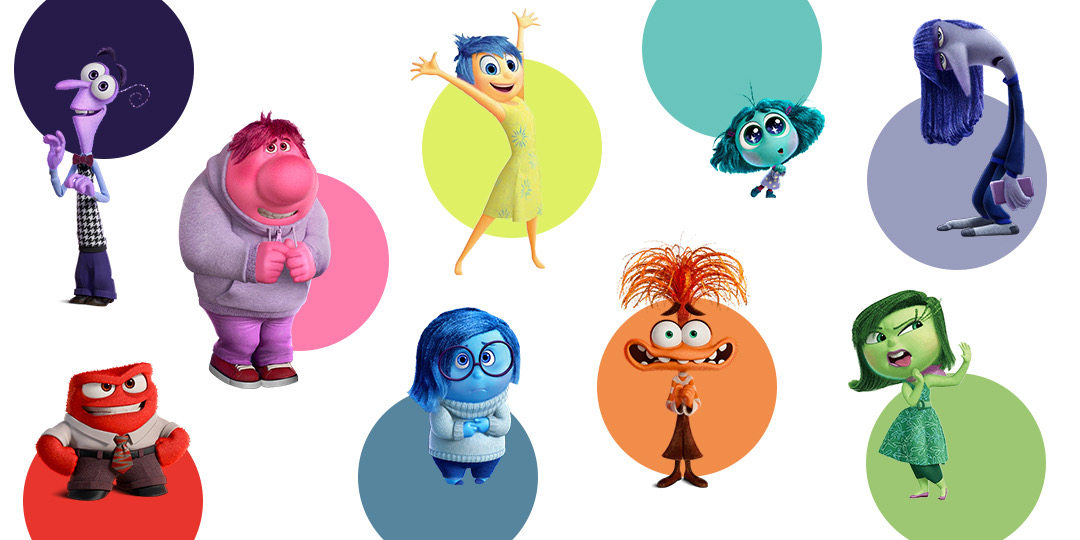 There have been studies upon studies about the effects of trauma on people; what happens to the human body and specifically the brain when it experiences loss, death and violence. Most people have deep empathy for others going through an ordeal, in many of its forms – like the death of a loved one, a life-changing accident or when veterans are diagnosed with PTSD.
There have been studies upon studies about the effects of trauma on people; what happens to the human body and specifically the brain when it experiences loss, death and violence. Most people have deep empathy for others going through an ordeal, in many of its forms – like the death of a loved one, a life-changing accident or when veterans are diagnosed with PTSD.
But our society doesn’t have a history of acknowledging all forms of trauma, and we haven’t done well dealing with the collective upheaval the entire world is facing right now due to the COVID-19 pandemic.
For a while, things started to look up. With vaccines, boosters and increasing normalcy about virus safety (masks, frequent hand washing and social distancing), people started to return to a new version of normal life. We were able to enjoy coffee shops and libraries again, participate in holiday celebrations with family and share meals with close friends. But in the winter, with a surge of cases due to the omicron variant, our country had plunged back into different degrees of isolation.
We have been living through the COVID-19 pandemic for two years now (and counting), and it might be easy to overlook or forget about the mass trauma we are all still experiencing because it becomes normal. A whole year of isolation, the near-collapse of our government, distrust in science and the medical industry, the millions of deaths — all at once. These occurrences persist, and even still, can be easy to forget, or more accurately, ignore. With everything that has happened, are people really ready to return to life as normal?
An April 2022 report found that 48% of young adults struggled with mental health during the height of the pandemic. In addition, leading psychiatrists and reports said that collective trauma will probably be a global issue post-pandemic, and we are already seeing signs of that.
Lack of motivation, exhaustion from social situations and increased anxiety are what many people have been dealing with recently, and they are all symptoms of experiencing the COVID pandemic. Or more accurately, the symptoms of trauma.
We should be seeing a big change in how our society accommodated and supported this new surge of mental instability. Unfortunately, the working class is being failed yet again. With push after push to get life back to normal, people are overwhelmed and exhausted. We need better work conditions and culture, more rest and support and less exploitation. These are the things people have been fighting for decades to get, and we need them now more than ever.
The past year has proven that for many, working at home was a much better solution to a lot of problems. It allows for just as much, if not more, productivity with the added bonus of more rest and flexibility. We saw people explore hobbies and spend more time with their children, in addition to less pollution from all the travel time. This past year was proof that there are other ways to operate an economy without the exploitation of people.
In the meantime, while everyone struggles, it’s important to help each other. Stay connected to loved ones, check in on friends. Be generous, wherever possible, because everyone in the world is struggling right now. Offer kindness when and where you wouldn’t usually. Most importantly, do the best you can in taking care of yourself – mental and physical health included. These things won’t magically make everything wrong in the world right now go away, but hopefully, they can make life more bearable (and hopefully a little joyful, too) while we are in such tumultuous times.


